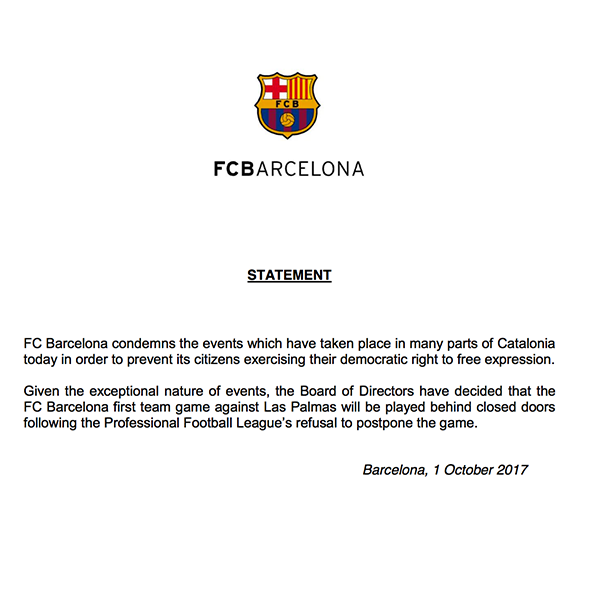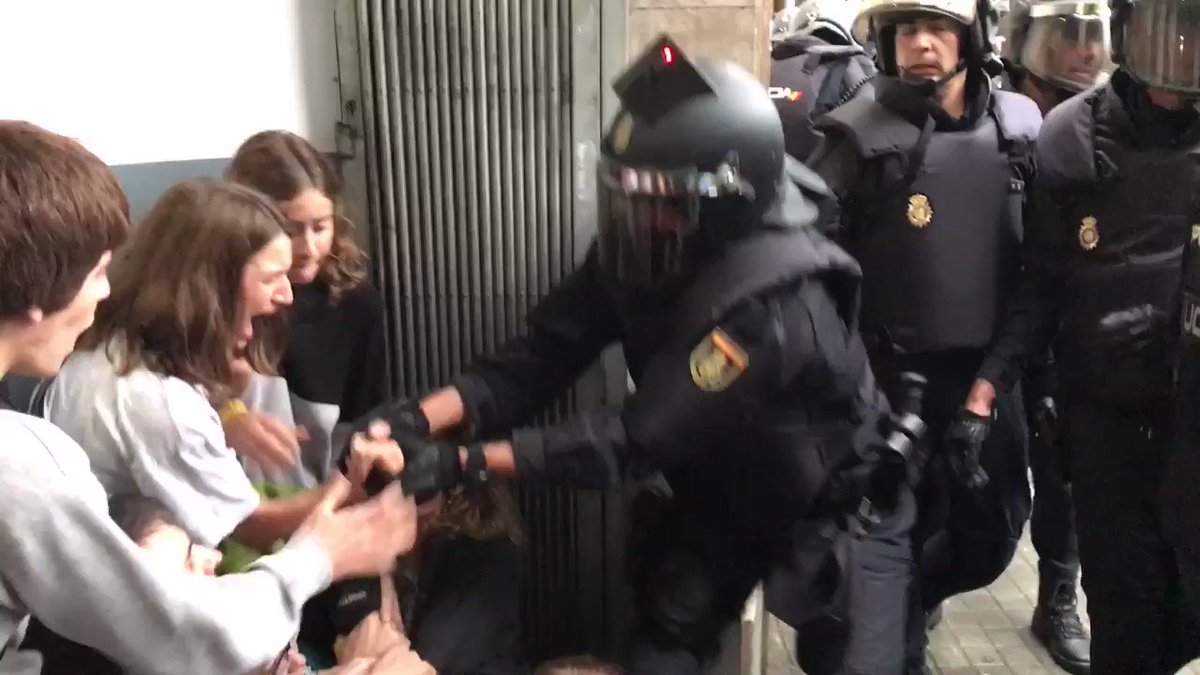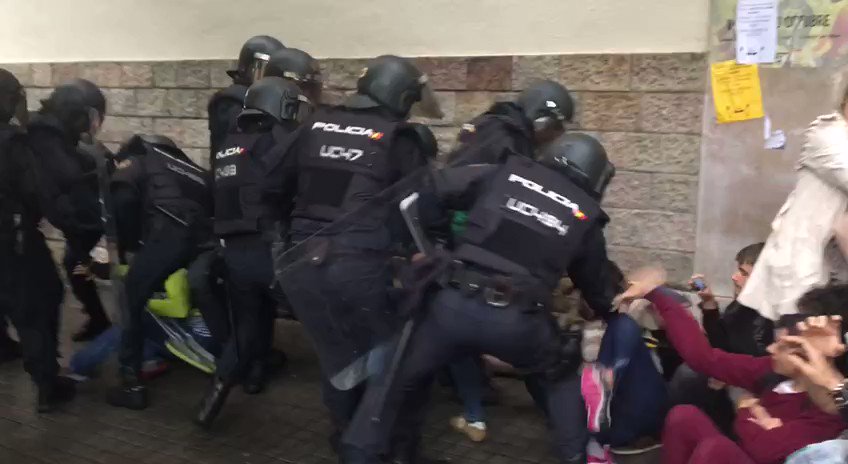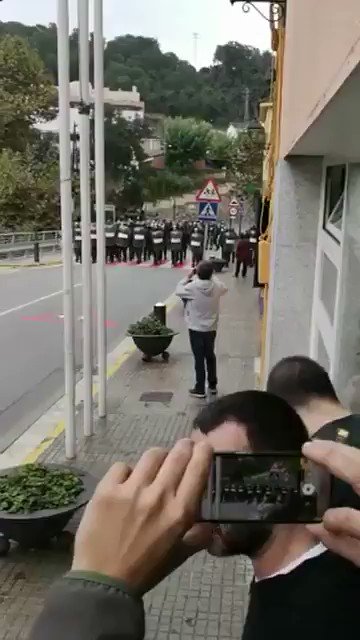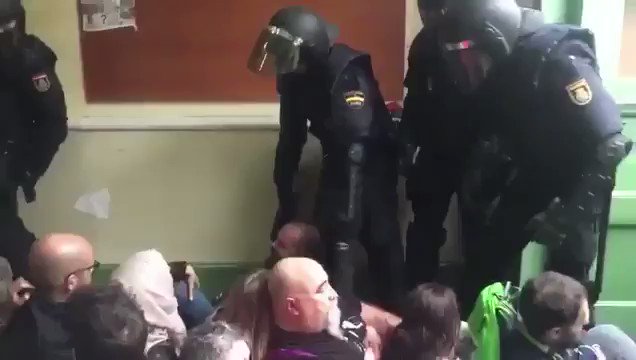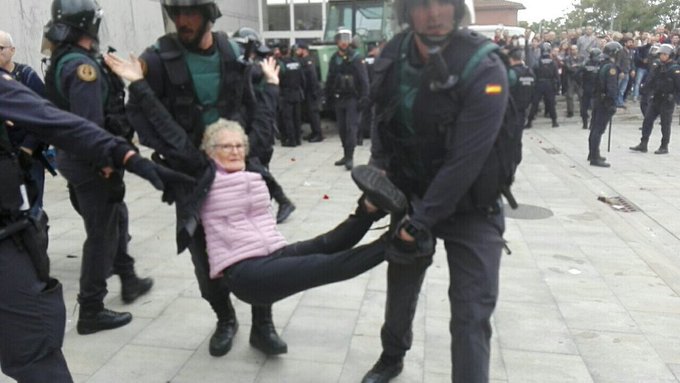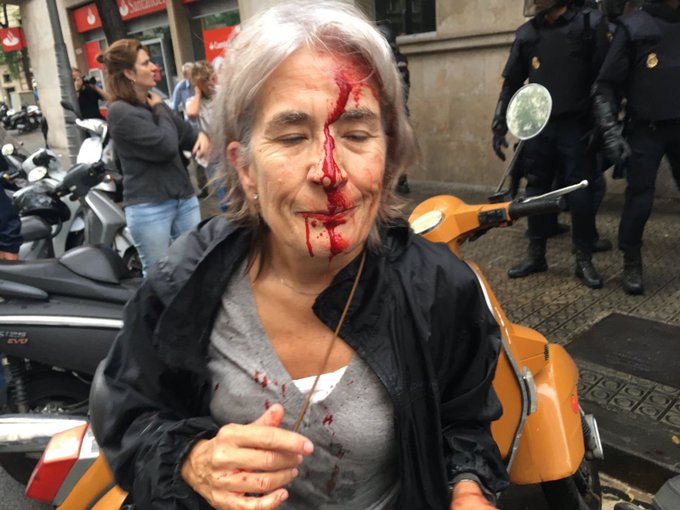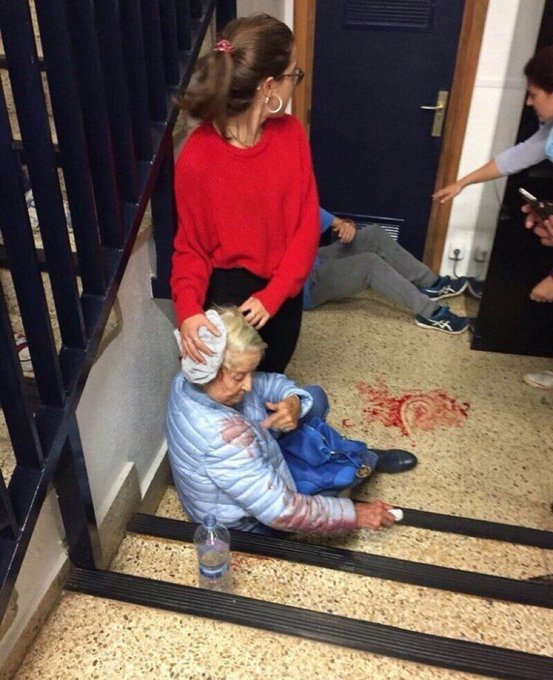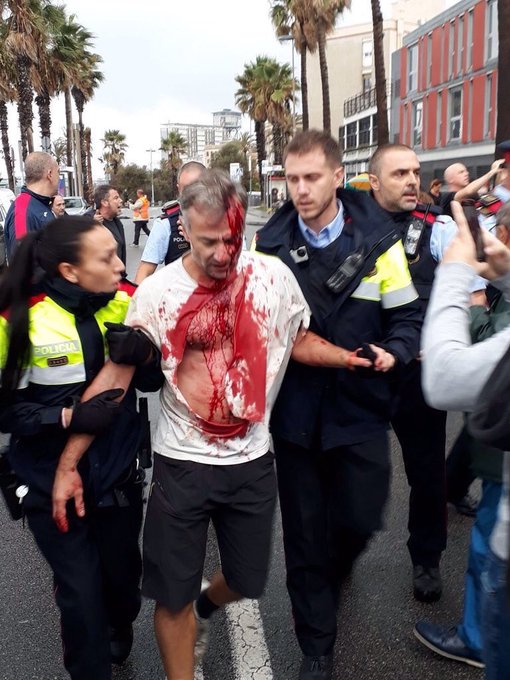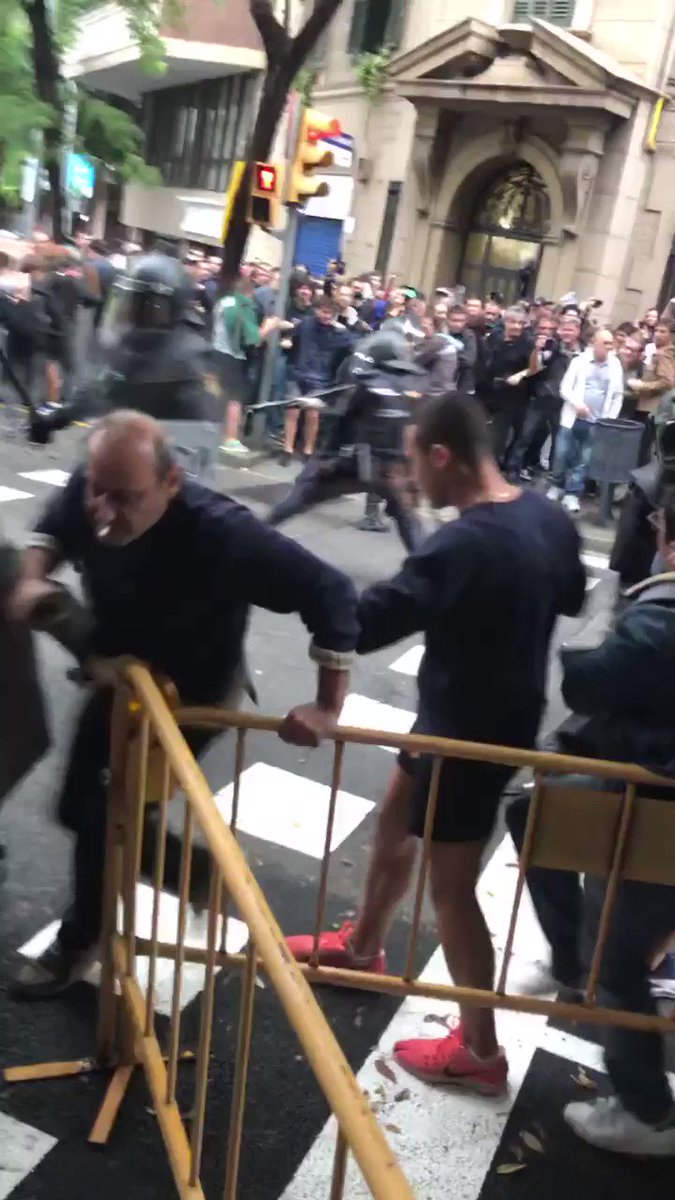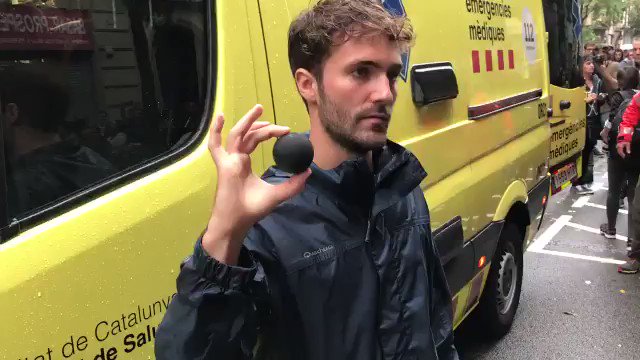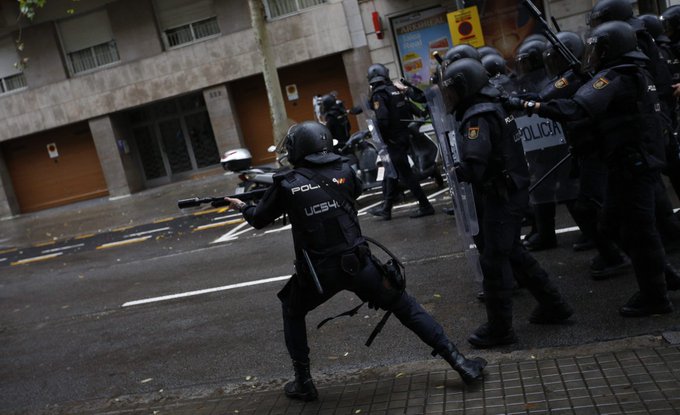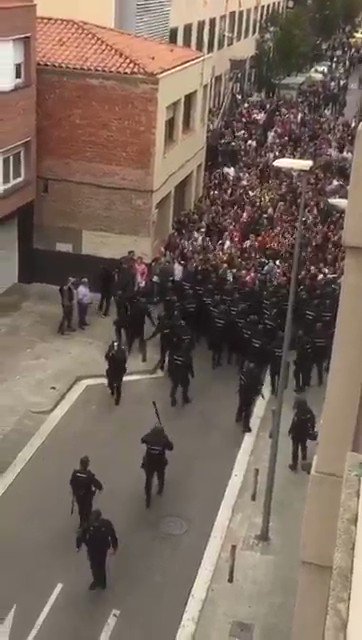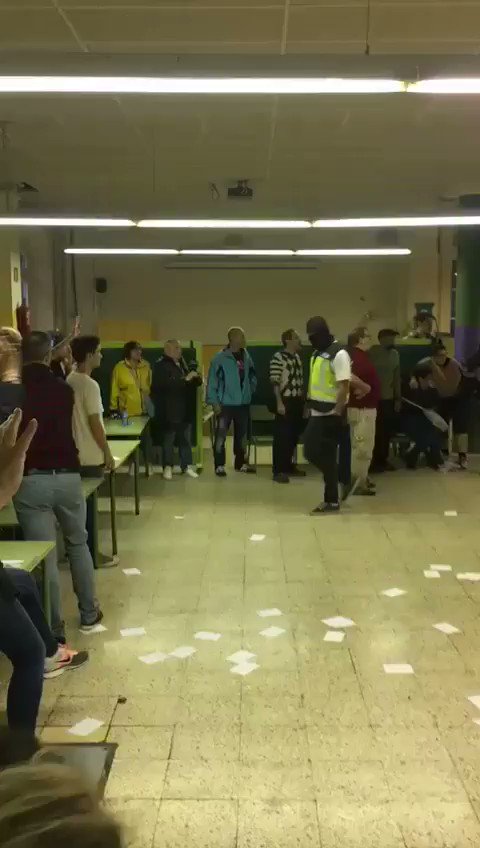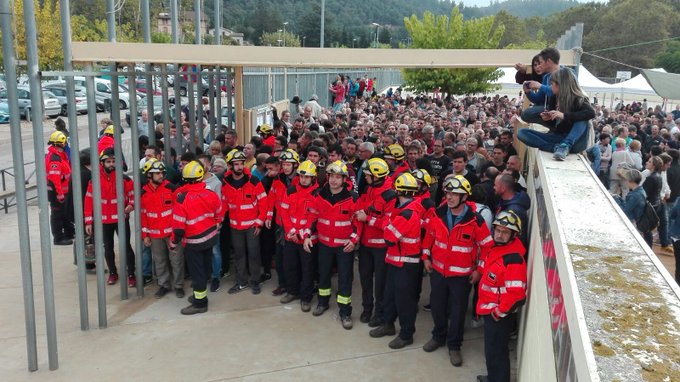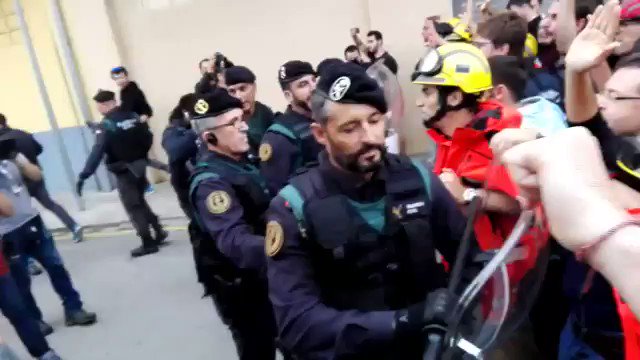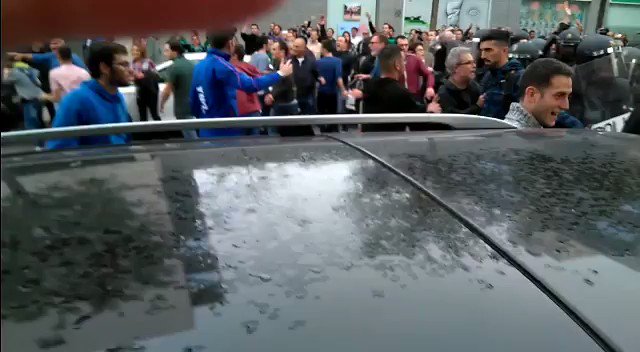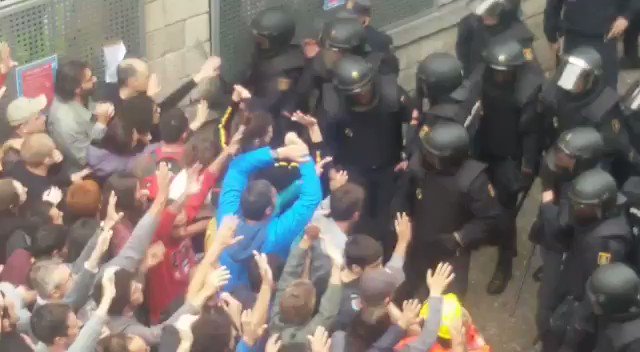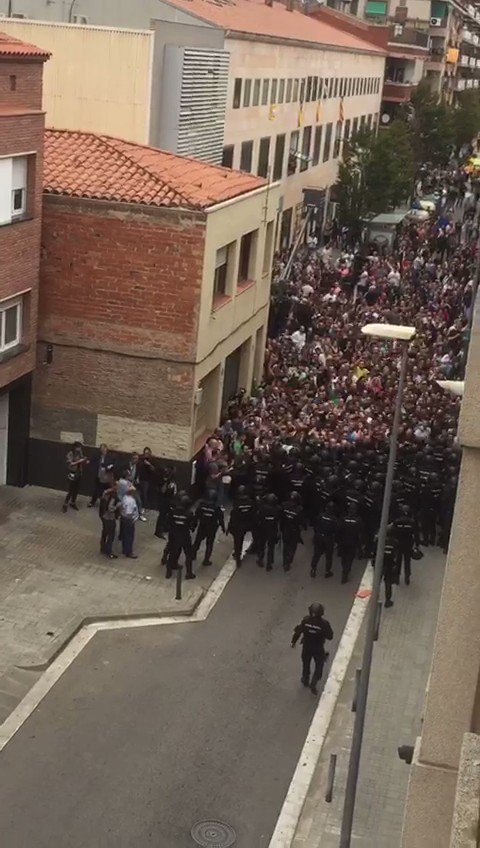Non dite che non sapete che nell’università italiana si avanza per cooptazione. Non dite che non sapete che questo è solo uno dei problemi dell’istruzione superiore italiana. Non dite che non sapete che ci stiamo giocando la nostra ricchezza futura. Diteci solo se e come volete risolverla, grazie
Alzi la mano chi si è stupito, dell’inchiesta della procura di Firenze sulle abilitazioni truccate per gli aspiranti professori di diritto tributario. Alzi la mano chi ha alzato un sopracciglio di fronte a dialoghi in cui il vecchio professore Pasquale Russo dice al giovane aspirante tale Philip Laroma Jezzi che deve «smetterla di fare l’inglese», che «se fai ricorso ti giochi la carriera», che «qui non siamo sul piano del merito», che in questi casi conta «il vile criterio del commercio dei posti».
L’inchiesta farà il suo corso e credere alla presunzione d’innocenza dei professori coinvolti è il minimo. Le prediche alla Pasolini, gli «io so, ma non ho le prove» li lasciamo agli indignati di professione, però, che nemmeno serve. Che il sistema universitario italiano vada avanti a colpi di concorsi pilotati da qualche decennio almeno è uno dei segreti peggio custoditi d’Italia. Chiunque ancorché privo di esperienza diretta abbia un parente o un amico che ha avuto esperienza in merito lo può confermare. Giochiamo a carte scoperte, su.
Il problema è che mentre tutti gli altri sistemi universitari del mondo fanno a gara ad accaparrarsi i talenti migliori,noi chiediamo a chi «come intelligenza e laboriosità vale il doppio» – così il vecchi tributarista Pasquale Russo ha definito Jezzi, secondo le carte della procura – di farsi da parte a un concorso di abilitazione, per far passare i vincitori designati. Che mentre tutti gli altri sistemi promuovono la competizione leale e meritocratica come strumento di avanzamento professionale – o almeno ci provano – noi preferiamo la cooptazione e ne andiamo fieri. Che mentre tutti gli altri Paesi capiscono che avere un grande, prestigioso, dinamico sistema universitario è oggi la prima condizione per sperare in un futuro prospero, noi lo usiamo come mercato delle vacche per piazzare l’amico e il mediocre.
Il problema è che mentre tutti gli altri sistemi universitari del mondo facciano a gara ad accaparrarsi i talenti migliori, noi chiediamo a chi «come intelligenza e laboriosità vale il doppio» di farsi da parte. Che mentre tutti gli altri Paesi capiscono che avere un grande, prestigioso, dinamico sistema universitario è oggi la prima condizione per sperare in un futuro prospero, noi lo usiamo come mercato delle vacche per piazzare l’amico e il mediocre
Sono banalità? Sì, sono banalità. Se volete ne abbiamo altre. Che il tasso di passaggio dalle scuole superiori alle università è calato in dieci anni (tra il 2005 e il 2015) di 24 punti percentuali (dal 73% al 49%). Che nello stesso periodo le immatricolazioni sono state 65mila in meno. Che a fronte di un obiettivo di avere il 40% di laureati tra i 30 e i 40 anni entro il 2020, siamo fermi a quota 22,4% (24,2% tra i 25 e i 34, solo la Turchia fa peggio) fanalino di coda dell’Europa a 28.
Che per l’istruzione superiore spendiamo il 7,4% della spesa pubblica complessiva, quattro punti abbondanti sotto la media Ocse.
Che abbiamo tasse universitarie tra le più alte in Europa sei volte più alte di quelle che paga un giovane francese, e che, sempre tra il 2005 e il 2015 sono lievitate del 45%. Che abbiamo il corpo docente più anziano d’Europa e ricercatori con un età media di quasi 44 anni. Che siamo un Paese da cui i giovani emigrano più che dal Messico o dall’Afghanistan.
Forse ha ragione l’amico Alberto Forchielli, che nell’incontro di ieri sera a Linkiesta ci ha ricordato che anche con tutta la buona volontà del caso ci vorranno generazioni per rifondare il sistema universitario italiano.
E che nel frattempo la qualità e il denaro che i nuovi giganti dell’economia mondiale stanno investendo in formazione rischiano di rendere vano tale sforzo. Ma se le prossime generazioni vogliono sperare di vivere in un Paese che ha futuro, la battaglia per una scuola meritocratica, efficiente, competitiva, giovane, ricca (sì, ricca sfondata) è l’unica battaglia che conta.
Altrimenti, non c’è problema: bandiera bianca e liberi tutti. Ma non dite che non lo sapevate, quando stavate zitti. E non date la colpa ad altri, grazie.
Da:Linkiesta


